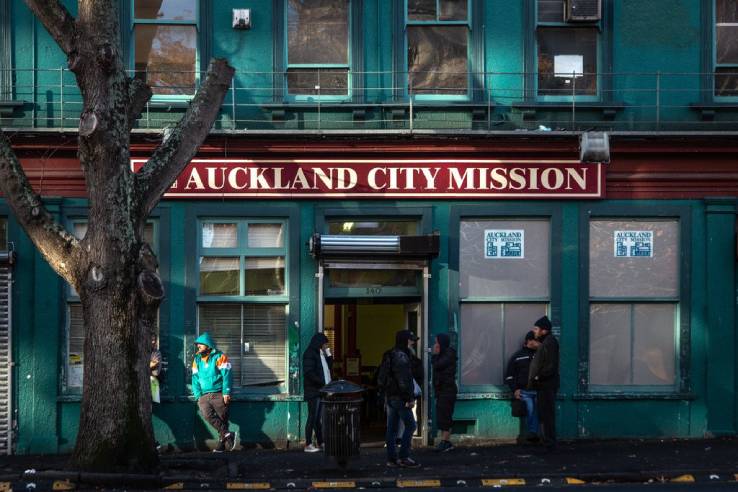WELLINGTON, New Zealand — It’s being called the next big move by a New Zealand government seen by progressives around the world as a beacon in increasingly populist times: a national budget whose spending is dictated by what best encourages the “well-being” of citizens.
That means that as the center-left government of Prime Minister Jacinda Ardern sets its priorities in the budget that will be unveiled on May 30, it is moving away from more traditional bottom-line measures like productivity and economic growth and instead focusing on goals like community and cultural connection and equity in well-being across generations.
“This budget is a game-changing event,” said Richard Layard, a professor at the London School of Economics who is an expert on life satisfaction across populations.
New Zealand is not the only country that is starting to rethink whether blunt economic measurements like gross domestic product are the best gauge of a nation’s success. But, Dr. Layard said, there has been “no other major country that has so explicitly adopted well-being as its objective.”
As a major example of what that new framework will produce, Ms. Ardern unveiled on Sunday the biggest spending proposal to date in her coming budget: more than $200 million to bolster services for victims of domestic and sexual violence.
It is “the biggest single investment ever” by a New Zealand government on the issue, Ms. Ardern said at an event showcasing the initiative, and will tackle one of the nation’s “most disturbing, most shameful” problems.
Under New Zealand’s revised policy, all new spending must advance one of five government priorities: improving mental health, reducing child poverty, addressing the inequalities faced by indigenous Maori and Pacific islands people, thriving in a digital age, and transitioning to a low-emission, sustainable economy.
The government is promoting the new framework as bringing much-needed clarity to the budgeting process. In the past, individual government ministers vied for the new money available in each year’s budget, and “relatively arbitrary” decisions were made about who got what, the country’s finance minister, Grant Robertson, said in an interview.
